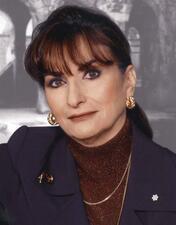Activism
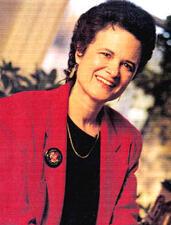
Renee Brant
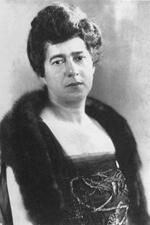
Rose Brenner
As president of the National Council of Jewish Women, Rose Brenner focused on inclusion of people who were often marginalized—the deaf, the blind, and those isolated in rural areas.
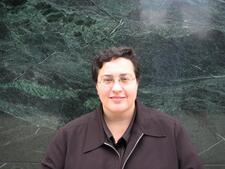
Marla Brettschneider
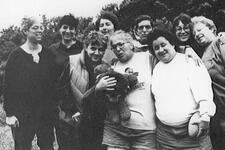
Bridges: A Journal for Jewish Feminists and Our Friends
Bridges: A Jewish Feminist Journal emerged in the overlap of late twentieth-century feminism and the Jewish and connected Jewish feminist writers, activists, and artists with each other, and with various public forums, for more than two decades. As a project made by, for, and about Jewish feminists, it became a space of creative collaboration, and a place to showcase late twentieth-century Jewish feminist cultural projection.
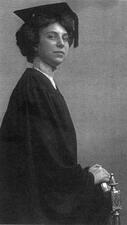
Jeanette Goodman Brill
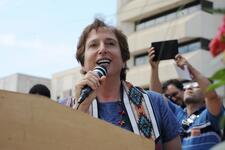
Deborah Brin
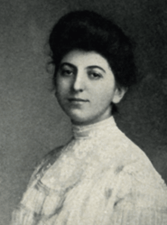
Fanny Fligelman Brin
A riveting public speaker, masterful politician, skilled organizer, and administrator, Fanny Fligelman Brin, who served two terms as president of the National Council of Jewish Women, from 1932 to 1938, is best remembered for her work on behalf of world peace during the interwar years.
Britain: Nineteenth and Twentieth Centuries
Since being allowed to resettle in 1656, Jews in Great Britain have established deep community ties throughout their diverse community. Class differences between early Sephardic settlers and the later wave of Ashkenazi immigrants gave rise to numerous Jewish charitable organizations, in which women played a key role.
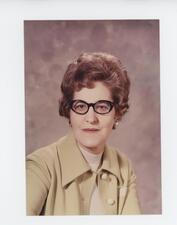
May Brodbeck
May Brodbeck, whose career in the sciences ran the gamut from teaching high school chemistry to exploring fundamental philosophical questions about the nature of human consciousness, was among the foremost American-born philosophers of science.
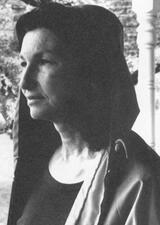
Esther M. Broner
A novelist, playwright, and ritualist, Esther M. Broner emerged on the literary scene in the early 1970s as a leading feminist writer. Her novels feature bitter, fearless, and funny characters. In other works, Broner has combined autobiography with feminist critique of Jewish tradition and created new rituals, such as her 1976 “Women’s Haggadah.”
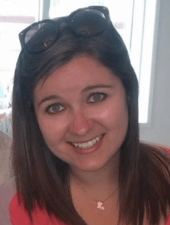
Sally Bronston
Shifra Bronznick
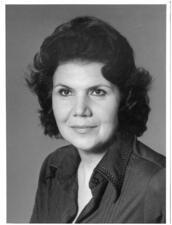
Selma Browde
Selma Browde was a medical doctor and activist whose passionate work and advocacy on behalf of disadvantaged communities in South Africa spanned more than half a century.
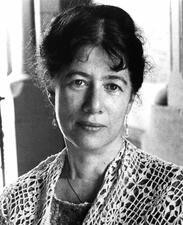
Rosellen Brown
In her fiction, Rosellen Brown confronted themes of alienation, responsibility for others, and racial tension in America. Brown is known for the passion and insight she brings to the page as a poet, essayist, and fiction writer.
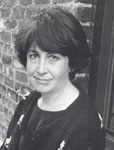
Susan Brownmiller
Susan Brownmiller is a radical feminist writer and journalist. She was a leader in the Women’s Liberation Movement of the 1960s to 1980s (second-wave feminism). Brownmiller is bes-known for Against Our Will: Men, Women, and Rape (1975), the first comprehensive study of sexual violence.

Elana Brownstein
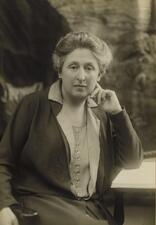
Cécile Brunschvicg
Cécile Brunschvicg was one of the grandes dames of French feminism during the first half of the twentieth century. Although her chief demand was women’s suffrage, she also focused on a range of practical reforms, including greater parity in women’s salaries, expanded educational opportunities for women, and the drive to reform the French civil code, which treated married women as if they were minors.

Women in the Bund
Jewish women played leading roles in the formative years of the General Jewish Workers’ Bund, which was established in the Tsarist Empire in 1897, and initially participated in the movement in large numbers. However, the Bund had somewhat less success in mobilizing women in independent Poland between the two world wars than it had during the Tsarist era.
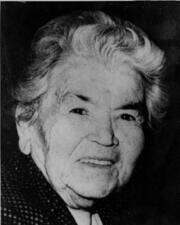
Hayuta Busel
As a widowed immigrant and young mother, Hayuta Busel fought to expand options for women in Palestine throughout her work on kibbutzim and in the women’s labor movement. Busel believed profoundly in the liberation of Jews, especially women, in the Hebrew language, and in the creation of a new model of family which would facilitate women’s liberation.
Judith Butler
Judith Butler is the Maxine Elliot Professor of Comparative Literature and the Program in Critical Theory at the University of California, Berkeley. Butler’s work treats gender, hate speech, the precarity of life, the precarity of one’s position as a Jewish thinker in light of Israeli policy towards Palestinians, alternative kinship structures, non-violence, vulnerability, and other, equally complex and important aspects of human existence.
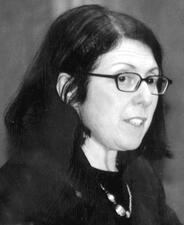
Canada: From Outlaw to Supreme Court Justice, 1738-2005
The positive aspect of the Canadian mosaic has been a strong Jewish community (and other communities) which nurtured traditional ethnic and religious values and benefited from the talent and energy of women and men restrained from participation in the broader society. The negative aspect has included considerable antisemitism and, especially for women, the sometimes stifling narrowness and conservatism of the community which inhibited creative and exceptional people from charting their own individual paths.

Aviva Cantor
Journalist and lecturer Aviva Cantor is the author of the theoretical work Jewish Women, Jewish Men: The Legacy of Patriarchy in Jewish Life, a passionately analytical synthesis of feminism, Judaism, Zionism, Socialism, animal rights and environmentalism, as well as of the landmark The Egalitarian Hagada. Cantor was founding editor of the Jewish Liberation Journal. She also originated the idea and was a founder and editor of Lilith, the independent Jewish feminist magazine.
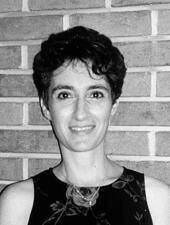
Nina Beth Cardin
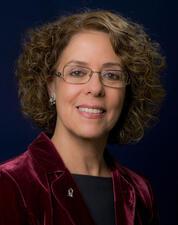
Rivka Carmi
Rivka Carmi is a medical geneticist, neonatologist, pediatrician, the first woman to be appointed president of an Israeli university (Ben-Gurion University of the Negev), and a feminist trailblazer who broke the glass ceiling for women in academia.
